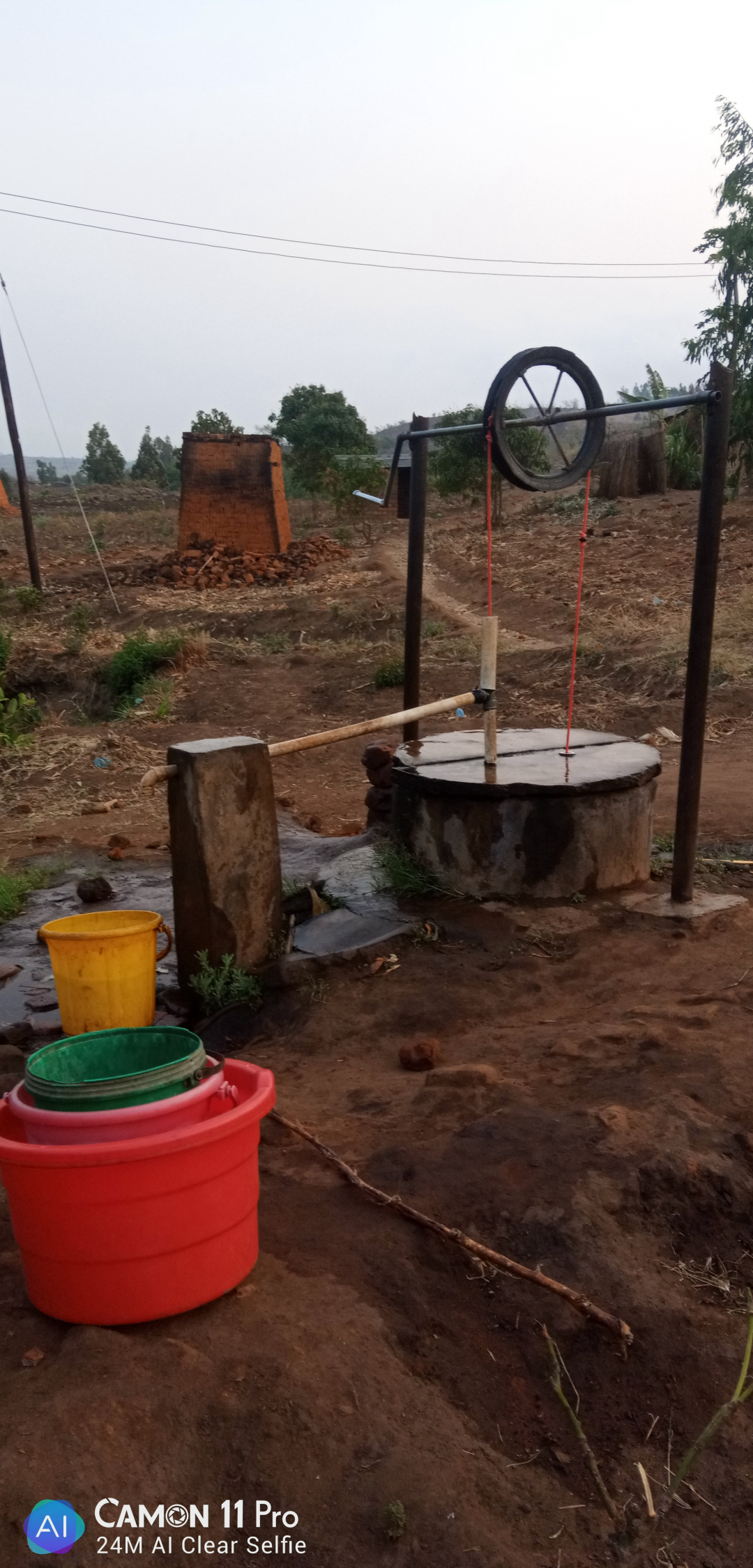Location(s)
Tags
SDG(s)
Sustainable Development Goal(s)
Powered by

Posted by Hazel Namadingo-Shaba
UNDP Malawi Accelerator Lab
SDG(s)
Sustainable Development Goal(s)
 6Clean water and sanitation
6Clean water and sanitationPlease be aware that the content herein has not been peer reviewed. It consists of personal reflections, insights, and learnings of the contributor(s). It may not be exhaustive, nor does it aim to be authoritative knowledge.

Comments
Log in to add a comment or reply.